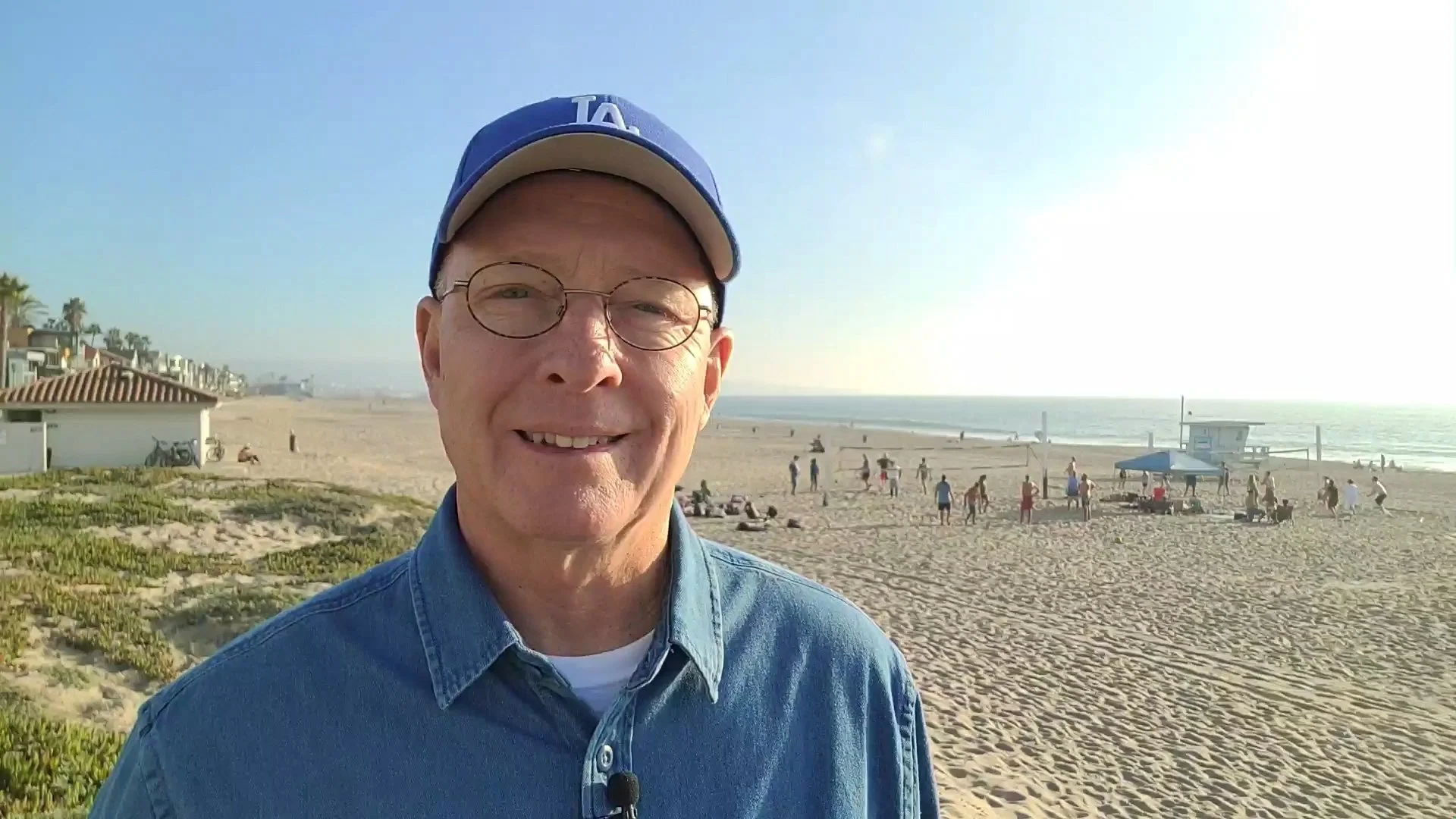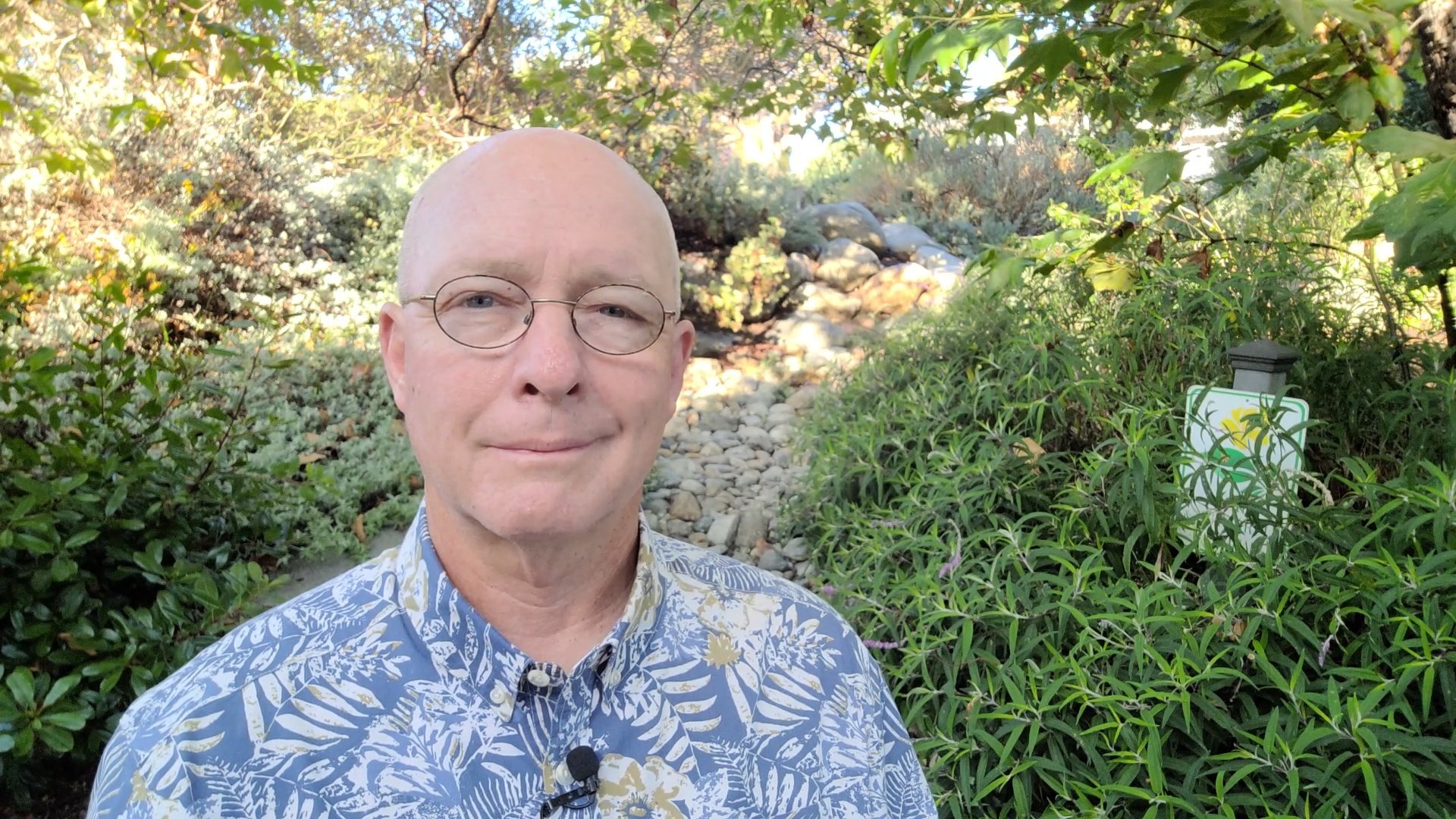I love riding rollercoasters. But while recently visiting a local theme park, I noticed and was impressed by something about them I’d not really considered before. Even after a wild ride of ups and downs and twists and turns at speeds designed to make you feel like things are out of control, they never really are. You always end up exactly where the engineers designed the ride vehicle to stop. That endpoint never varies by even an inch. And as unrelated as it may seem, that’s what came to mind as I considered John 18:28-32.
Following his betrayal, Jesus stood trial before the high priest and the other Jewish leaders who made up the religious tribunal known as the Sanhedrin. John doesn’t provide us with visibility into these proceedings, but the three earlier-written Gospels do (e.g. Matthew 26:57-68). And they record an inquisition that was ultimately fruitless in its attempt to establish guilt for any crime except an acknowledgment by the accused that he was the Christ, the Son of God.
That statement was judged to be blasphemous. And according to Jewish law, the punishment for blasphemy was death by stoning. So, this gave Caiaphas the religious cover he was looking for to get rid of Jesus. But there was a problem. The Jewish leaders had authority to convict someone of a capital crime, but only the Romans could administer the death penalty. That’s why in the early hours of that infamous day, representatives of the Sanhedrin brought Jesus to the Praetorium, the Jerusalem headquarters of Roman authority. They wanted to persuade Pilate, the current governor, to have him killed.
Then, in an amazing display of hypocrisy, having just conducted a sham trial where they purposefully violated many requirements of their religious code, they waited outside the governor’s residence insisting he come out to them so that they wouldn’t violate another part of that same code and become defiled during Passover for entering a gentile dwelling.
When Pilate agreed to meet them on neutral ground, he pressed them to state the crime they were alleging and convince him it warranted his action. But their response was intentionally vague. They said he should just accept that they wouldn’t be bothering him if Jesus wasn’t a criminal. So, he pushed back and told them to deal with the issue themselves. That’s when they placed all their cards on the table and made it clear they weren’t leaving until they got what they wanted: the execution of Jesus of Nazareth.
But the delicate dance between Pilate and the Jewish leaders recorded through the rest of this chapter and into the next reveals that the Jewish leaders also wanted the Nazarene’s blood to be on Rome’s hands so they wouldn’t be held responsible and ensure his death was a public spectacle displayed on a Roman cross as a warning to other would-be messiahs. And to accomplish that, they needed to make a credible case for Jesus’ proclamation of messiahship being a threat to Roman rule. That’s why the context implies that they accused him of claiming to be the king of the Jews.
But in verse 32, John inserted some commentary that clarifies what was really going on. Beyond all the intrigue and interjurisdictional machinations, the redemptive strategies of the sovereign God were unfolding exactly according to plan. We’re reminded that all of this happened as Jesus had said it would, including that he would die on a cross (John 12:32-33). Not for one moment was his fate in the hands of those engaged in the religious, legal, and political tug-of-war taking place around him. Those ups and downs and twists and turns didn’t affect the divinely designed endpoint by even an inch.
And the truth of our Lord’s absolute dominion over the events of that dark day should be deeply securing for our souls. When our lives feel out of control, we can trust in his power to ensure that nothing derails his good plans for us.





















